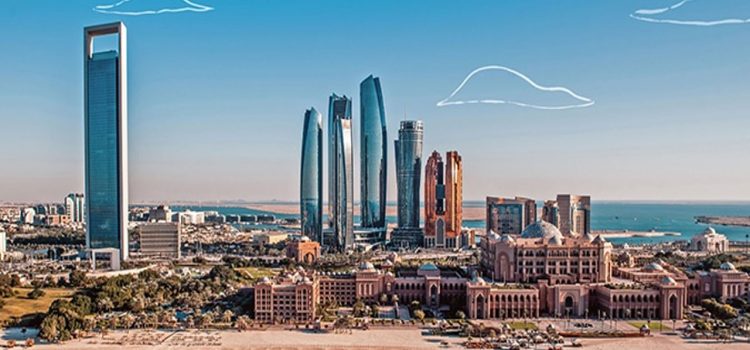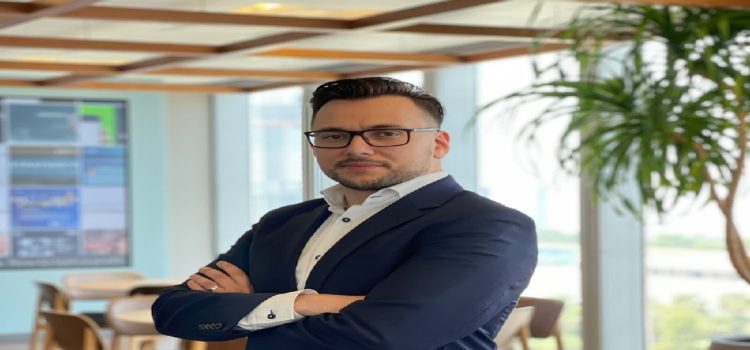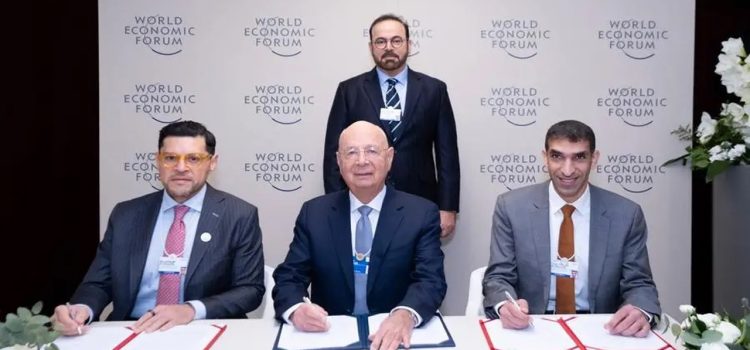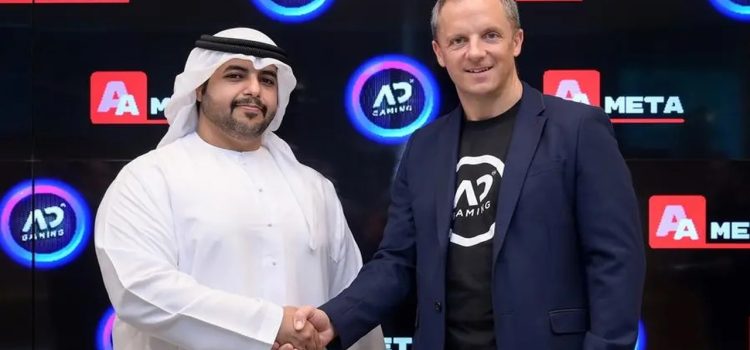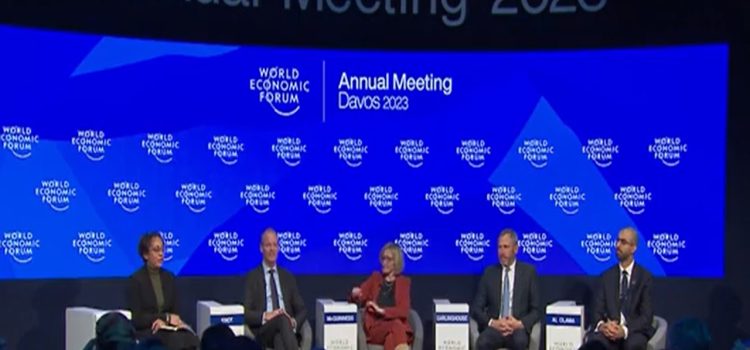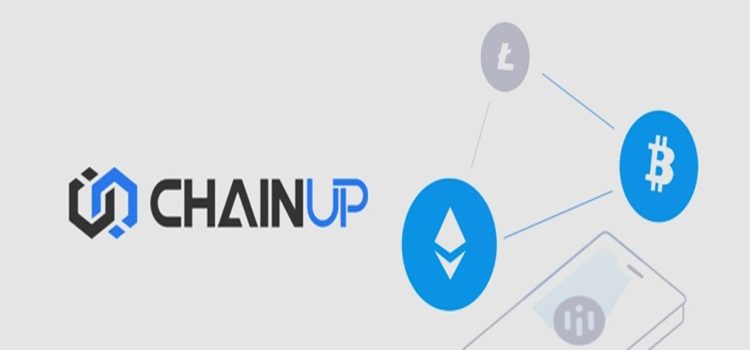
UAE based MEmob+, a Blockchain data intelligence and mining platform has partnered with Artifact Labs, a premier provider of 360-degree support for brands and creators in the Metaverse, creating a metaverse fashion house, and digital art platform.
Together, the two companies will leverage the expertise of leading projects under the Artifact Labs umbrella, such as the Metaverse fashion house Ninzoou and the digital fine art platform Materia, delivering cutting-edge projects and services to brands and organizations in the MENA region.
MEmob+, along with Artifact labs, will be offering brands and companies strategic advisory for the Metaverse, utilizing Artifact’s NFT & Metaverse focused products in addition to MEmob+’s blockchain consulting for clients.
Artifact Lab’s advanced NFT platform has all the essential components; user-friendly processes without the need for external wallets, trading tools, royalties for content creators, integration with play-to-earn games, and fiat and crypto payment processing. Having their own PoS blockchain (FBA, BFT) that complies with Eco-NFT and Clean-NFT trends to provide extra control over the system, the Artifact NFT platform allows creators the benefit of zero fees while enabling them to mint NFTs on any public blockchain such as Ethereum, Flow, and Solana.
Falling under the umbrella of Artifact, Materia, one of the company’s contemporary art NFT platforms created by art collectors, art professionals, and blockchain experts, will also be collaborating with MEmob+ to provide opportunities for brands to develop art projects in the Metaverse in conjunction with leading artists, curators, and institutions.
Materia also drives Campus Art Dubai (CAD) 9.0 Blockchain 2022 Edition, which is part of Art Dubai’s fair program catering to changing needs of the UAE’s creative community and is aimed at providing artists with an in-depth overview of the NFT world, and blockchain applications pertaining to art and cryptocurrencies.
“There should be no doubt in today’s times that the Metaverse is here to stay. Brand marketing has become more consumer-led and thus it is essential to understand and utilize the growing adoption of blockchain and Web3 technologies. Consumer behaviors are changing, and brands now need to create robust Metaverse strategies to reach their audiences. We have witnessed demands for more engaging and innovative experiences and we feel technology can be used for enriching virtual capabilities. We are very excited about our collaboration with Artifact which will enable us to help companies develop their digitized products, assisting them from start to finish in building and marketing their assets,” commented Ihab El Yaman, CEO, and Founder of MEmob+.
“We want to ensure that we help our clients easily navigate the virtual world to future-proof their assets. Artifact was founded to provide advanced NFT and Metaverse content Launchpad and ensure 360-degree support for companies. We look forward to working with MEmob+ and mutually helping brands with their Web3 content development, as well as easing the creation and execution of digital assets for clients. MEmob+ as a pioneering data intelligence and marketing platform will further help us reach potential clients,” said CMO of Artifact Labs Bobo Delice.









